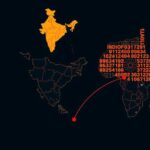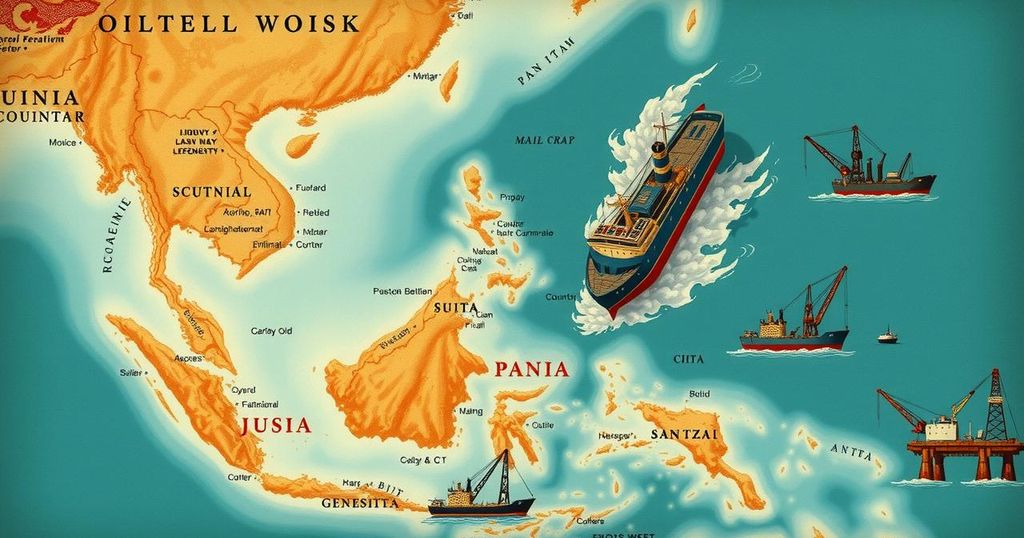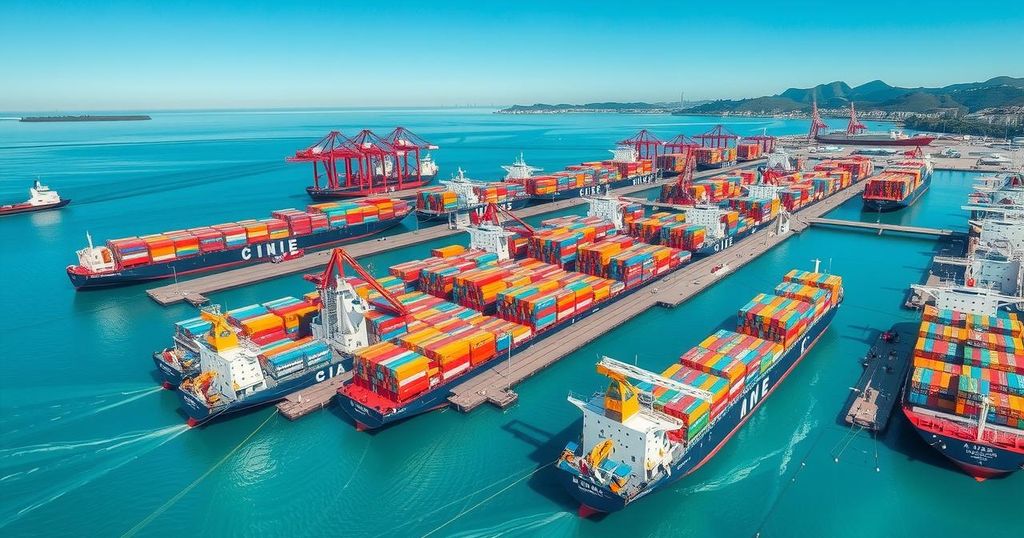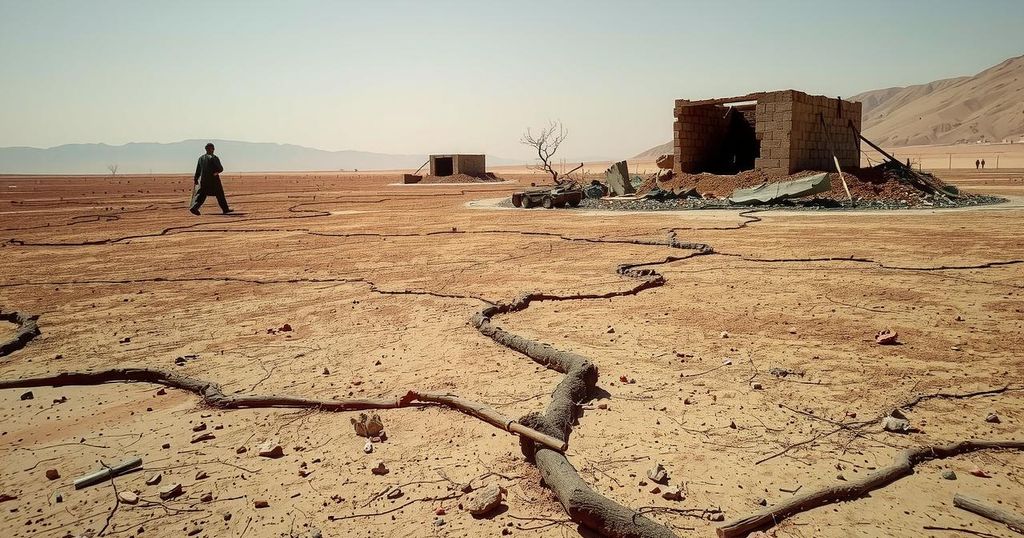ECOWAS Parliament Raises Alarm Over Burkina Faso, Mali, and Niger’s Withdrawal from the Bloc
The ECOWAS Parliament has expressed concerns over the persistent withdrawal of Burkina Faso, Mali, and Niger from the bloc following military coups that ousted their governments. Speaker Memounatou Ibrahima voiced frustration about the lack of response from these nations despite ECOWAS’s diplomatic efforts. Meanwhile, the three countries have formed a new coalition, the “Alliance of Sahel States,” which further complicates West African unity and raises questions about the future of ECOWAS’s influence in the region.
The Economic Community of West African States (ECOWAS) Parliament has expressed its concerns regarding the unwillingness of Burkina Faso, Mali, and Niger to reintegrate into the regional bloc after their withdrawal in January 2024. This withdrawal followed a series of military coups that ousted democratically elected governments in these nations. During an induction training for members of the newly elected 6th Legislature in Lome, Togo, Memounatou Ibrahima, Speaker of the ECOWAS Parliament, articulated her frustration with the lack of communication from the three countries despite the bloc’s persistent outreach efforts. Ibrahima noted that numerous initiatives have been undertaken by the ECOWAS leadership to foster dialogue and reconciliation, yet the response from the aforementioned nations remains inadequate. She reaffirmed the commitment of West African leaders to continue diplomatic endeavors aimed at restoring relations despite the growing distance created by recent political dynamics. The situation escalated following military interventions in Niger in July 2023 which resulted in the overthrow of President Mohamed Bazoum. This prompted ECOWAS to consider military intervention, further straining the relationship. In response to the coups, ECOWAS imposed sanctions, which the military governments of Burkina Faso, Mali, and Niger have used as justification for furthering their separation from the bloc. Recently, these nations held a summit in Niamey, Niger, where they established the “Alliance of Sahel States” as a new regional coalition, marking a significant shift away from ECOWAS. The leaders of these nations, including Ibrahim Traore of Burkina Faso, have emphasized a desire for independence from ECOWAS structures, with plans to introduce new biometric passports that will not feature the ECOWAS logo, thus signifying their intent to solidify their newfound autonomy. This development poses challenges to the unity and effectiveness of ECOWAS as regional power dynamics evolve.
The Economic Community of West African States (ECOWAS) is a regional political and economic union comprising 15 member states in West Africa. Recent political turmoil in Burkina Faso, Mali, and Niger has led to a series of military coups that resulted in these nations exiting the bloc in early 2024. This withdrawal has raised significant concerns within ECOWAS regarding the stability and unity of West Africa, particularly as the bloc has previously employed sanctions and threatened military action in response to these coups. The formation of the ‘Alliance of Sahel States’ represents a strategic pivot for these countries, which are seeking to develop an alternative regional partnership that could potentially undercut ECOWAS’s influence.
The reluctance of Burkina Faso, Mali, and Niger to rejoin ECOWAS highlights a profound challenge for regional integration in West Africa, as political instability incites these nations to pursue independence from collective governance structures. The establishment of the Alliance of Sahel States indicates a significant shift in regional alliances, threatening the unity that ECOWAS seeks to uphold. Continued diplomatic efforts will be essential to bridge these divides, although the prospects of success are currently uncertain amid rising tensions.
Original Source: businessday.ng








Post Comment